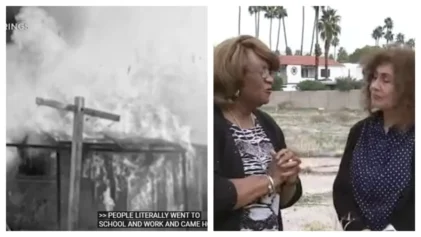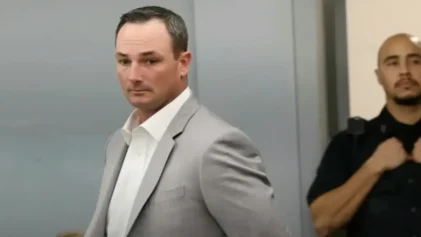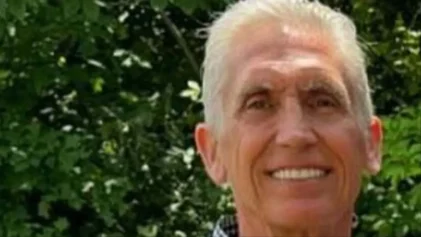The daughter of one of the shooting victims of the Mother Emanuel AME Church massacre on June 17, 2015, is speaking out against the 4th Circuit U.S. Court of Appeals’ decision to uphold Dylann Roof’s federal death sentence. “The death penalty really traumatizes the family members,” Rev. Sharon Risher said, referring to the prolonged appeals process likely to continue.
Risher is the daughter of Ethel Lee Lance, one of the nine people killed in the Charleston, South Carolina Mother Emanuel AME Church shooting. She was in Texas when the shooting unfolded.
“It seemed like I stayed in a fog for days trying to comprehend what had happened, watching the television 24/7 thinking somehow, that this wasn’t true, but knowing in my heart that it was,” said Risher.
Risher believes the 27-year-old Roof’s death penalty sentence is not conclusive. She expects he and his lawyers will drag the process through the courts, making his existence part of the purview of victims’ families and friends. She says she is still recovering from the shooting to this day.
“The healing process will continue to go on until I take my last breath. You know it’s something when a person dies of natural causes, but when a person is taken from you as tragically as those nine that were in that church, that’s something that stays into your psyche forever,” said Risher.
The three judges who upheld the death sentence wrote in their ruling: “Dylann Roof murdered African Americans at their church, during their Bible-study and worship. They had welcomed him. He slaughtered them. He did so with the express intent of terrorizing not just his immediate victims at the historically important Mother Emanuel Church, but as many similar people as would hear of the mass murder.”
In 2016, Roof was found guilty of federal hate crimes charges and pleaded guilty to state charges of murdering: Rev. Sharonda Coleman-Singleton, Cynthia Hurd, Susie Jackson, Ethel Lee Lance, Rev. Depayne Middleton-Doctor, Rev. Clementa Pinckney, Tywanza Sanders, Rev. Daniel Simmons, Sr., and Rev. Myra Thompson.
Court documents revealed Roof, a self-proclaimed white nationalist, told authorities “he had to do it because Black people are killing white people every day.”
Madalyn Wasilczuk, an assistant professor at the University of South Carolina School of Law, says there are many factors at play which may impact Roof’s appeal process if he chooses to go that route.
“In most death penalty cases — unless the person declines to go through their entire appeals process — absent that, it’s going to go through all the subsequent stages of appeals. Timing-wise, it’s a little hard to predict, but probably the next stage won’t be determined until about a year,” Wasilczuk said.
Risher would rather Roof spend the rest of his life locked up.
“If you’re a person cooped up in a cell like that, I believe you die every day,” said Risher.
Since her mom’s death, Risher has used the tragedy as purpose for a new life’s mission. She has become a vocal advocate for stronger gun laws.
“The way Dylann Roof obtained his gun was a big problem in the United States, and you look back at all the mass shootings that had happened before that,” said Risher.
She also openly supports the Federal Death Penalty Prohibition Act. The legislation, introduced by Rep. Ayanna Pressley of Massachusetts and Sen. Richard Durbin of Illinois, would prohibit using the death penalty at the federal level and require resentencing of those currently on federal death row. Risher knows not all the victims’ families agree with her position on the death penalty.
“I started doing some research and I started reading about the death penalty and how the death penalty was disproportionately given to Black and brown people and how people have spent decades on death row,” said Risher.
Risher hopes the nine souls lost in the Mother Emanuel AME Church shooting are remembered not for their final day but for the legacies they have all left behind.


